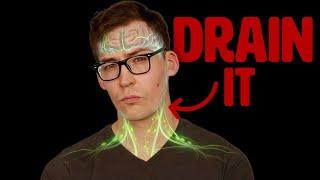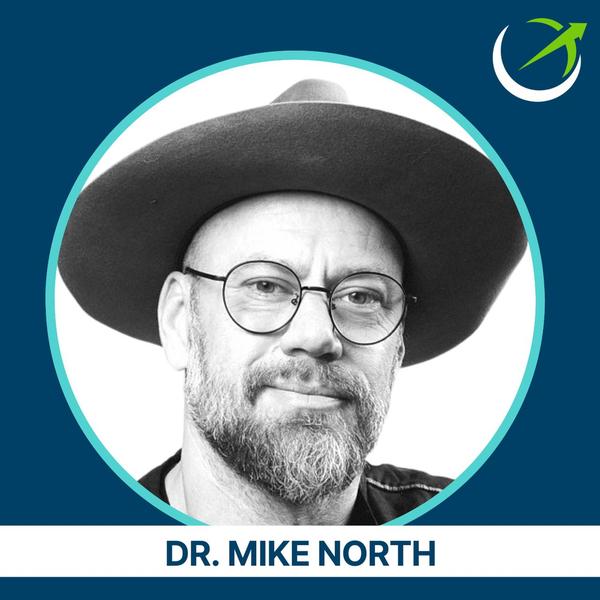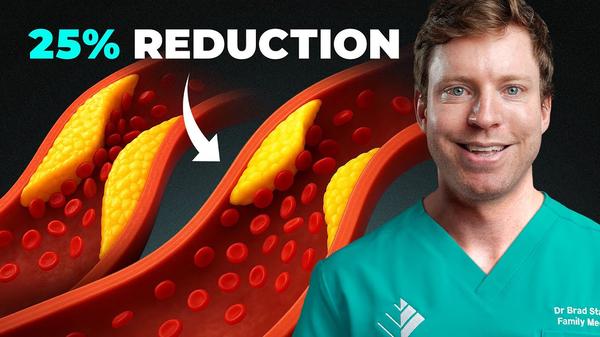
How Muscle protects against Heart Disease, without Exercise [Study 277]
Physionic
Apr 3, 2024
Mindsip insights from this episode:
Leverage muscle-derived exosomes to enhance angiogenesis
Muscle-derived exosomes promote the growth of new blood vessels through a pathway that is independent of the common signaling molecule VEGF.
Enhance heart health through muscle's exosome release
Muscle itself, independent of exercise, improves cardiovascular health through the release of vesicles called exosomes.
Leverage angiogenesis to prevent heart attacks
The body can grow new blood vessels (angiogenesis) to create an alternative blood flow around a complete blockage in the heart, potentially preventing a heart attack.
Utilize Microrna-130a to enhance blood vessel growth
Microrna-130a, found in muscle exosomes, promotes angiogenesis by degrading the MRNA of genes that normally stop blood vessel growth.
Utilize exosomes to deliver Microrna and alter cell function
Exosomes merge with blood vessel cells and release their contents, like Microrna, which then alter the cell's function and gene expression.
More from
Physionic
Dr. Casey Means: Eat like THIS to reduce your Risk of Metabolic Disease!
Ketosis (Fasting/Ketogenic Diet) accelerates Cancer Growth - New Study
Drain your Brain, Protect it from Alzheimer’s Disease
Dr. Casey Means: Stop Ignoring Your Health — Do These 5 Free Tests!
Soda & Cancer Death: The Link Found in Multiple Large Studies
You also might be interested in
Biohacking Fertility for Men and Women at Any Age
Improve Energy & Longevity by Optimizing Mitochondria | Dr. Martin Picard
The Untold Science Of Vibration Therapy & The “BioDrive” Breakthrough That Regulates Your Mind and Body, With Dr. Mike North
How To Sculpt a Perfect Jawline WITHOUT Surgery
Breakthrough Cuts Heart Disease by 25%













